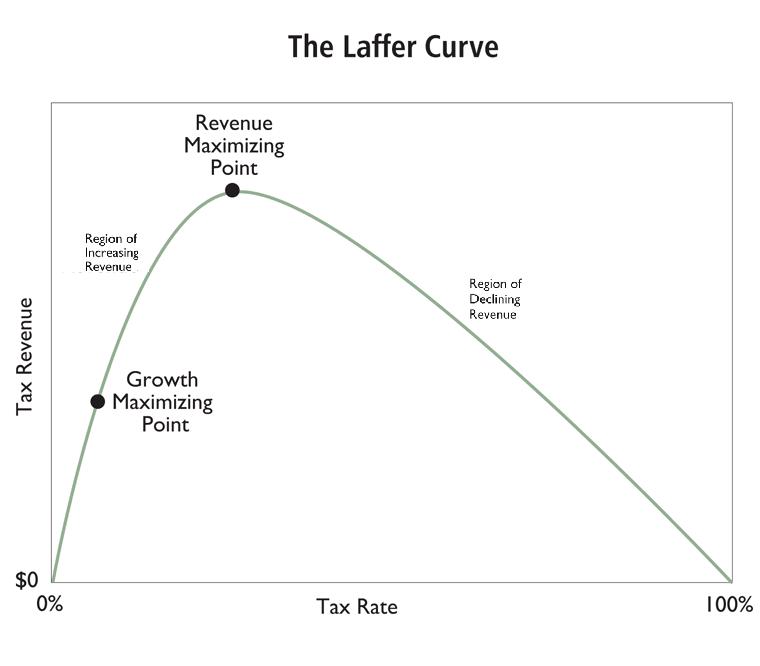My friend Cedar, today, posted about one of those lies that “everybody knows” and that are absolutely not true. Not only not true, but risible on their face. The lie is that Heinlein was a misogynist, which is not only a lie but a whole construct, an artifact of lies. And one that humans, nonetheless seem to buy wholesale.
I’m not going to repeat the argument. Cedar made it. But I’m going to quote what she said:
When the woman who had first made the titular accusation was questioned by multiple voices in startlement, she finally admitted that she knew it to be so, because she had read it in Asimov’s biography. Wait a minute, was my reply, you mean that man that Eric Leif Davin in his recent book Partners in Wonder wrote this about?” Isaac Asimov is on record for stating that male fans didn’t want females invading their space. According to the letter columns of the time, it seems that the only fan who held that opinion was… Isaac Asimov. A number of males fans welcomed their female counterparts. As did the editors, something Davin goes to great lengths to document.” (You can read more on the women that other women ignore here at Keith West’s blog) So this woman has taken a known misogynist’s claim that another man is a misogynist without questioning and swallowed it whole.
I run into this again and again. In a panel, once, questioning accusations of misogyny directed at Heinlein I got back “Well, obviously he was. His women wear aprons.” I then got really cold and explained that in Portugal, growing up, when clothes were expensive (how expensive. People stole the wash from the line. Imagine that happening here. People stealing clothes. Just clothes. Not designers, not leather, just clothes, including much-washed-and-mended pajamas.) we always wore aprons in the kitchen. And Heinlein was writing when clothes were way more expensive, relatively. (I buy my clothes at thrift stores. So unless it’s a favorite pair of jeans or something, I don’t wear aprons.) The difference is not “putting women in their place.” The difference is the cost of clothes.
And this is why I don’t get put on the “Heinlein, threat or menace” panels any more.
But 90% of the women who make the accusation that Heinlein hated women or couldn’t write women have never read him. They’ve just heard it repeated by people with “authority.” The cool kids. And so they can’t be reasoned out of this assumption, because it’s not an assumption. It’s glamor. (The other ten percent, usually, were primed to think he was a misogynist and read the beginning of a book and didn’t “get” some inside joke. Like, you know, the getting married after a tango. Which was pure fan fodder. They wouldn’t have thought anything of it if they hadn’t been primed. But they’d been primed. They were under a glamor to see what wasn’t there.)
Sarah Hoyt, “Glamor and Fairy Gold”, According to Hoyt, 2015-06-02.
![]() Yesterday, Arenanet announced that the first Guild Wars 2 expansion, Heart of Thorns is now available for pre-purchase at http://buy.guildwars2.com. There is still no definite release date, but pre-purchasing will allow you to take part in the upcoming beta weekend events (just as they did for the original game).
Yesterday, Arenanet announced that the first Guild Wars 2 expansion, Heart of Thorns is now available for pre-purchase at http://buy.guildwars2.com. There is still no definite release date, but pre-purchasing will allow you to take part in the upcoming beta weekend events (just as they did for the original game).





